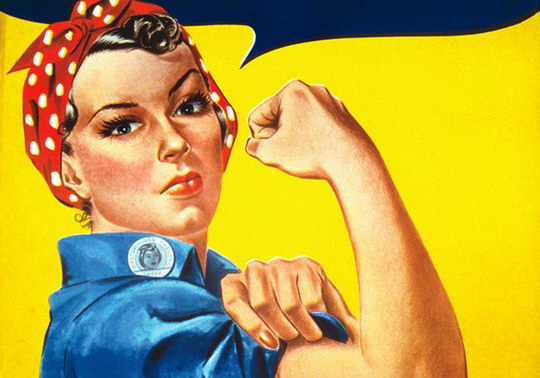In the Atlantic, Megan McArdle asserts her pro-choice cred, but then writes:
Imagine a future in which the moral consensus has changed, and our grandchildren regard abortion the way we regard slavery. Who will the hero of history be: Tiller, or his murderer? At the very least, they'll be conflicted, the way we are about John Brown.
I do not say such an outcome is particularly likely, although the more we know about fetal development, the more support for abortion seems to drop. But I don't think that it's particularly novel to note that our "instinctive" reaction to these things is partly, even largely, socially conditioned, not the product of deep rational thought.
We accept that when the law is powerless, people are entitled to kill in order to prevent other murders–had Tiller whipped out a gun at an elementary school, we would now be applauding his murderer's actions. In this case, the law was powerless because the law supported late-term abortions. Moreover, that law had been ruled outside the normal political process by the Supreme Court. If you think that someone is committing hundreds of gruesome murders a year, and that the law cannot touch him, what is the moral action? To shrug? Is that what you think of ordinary Germans who ignored Nazi crimes? Is it really much of an excuse to say that, well, most of your neighbors didn't seem to mind, so you concluded it must be all right? We are not morally required to obey an unjust law. In fact, when the death of innocents is involved, we are required to defy it.
This, to me, is a rational argument and bears a rational response.
Sure, one can equate the murderer of Dr. Tiller with John Brown. John Brown led an anti-slavery revolt, killed some people, and hung for it. History showed John Brown to be ahead of his time, and, in the end, on the right side of history.
But does that make John Brown a hero? Hardly.
The problem with McArdle's reasoning is that it can be applied to anything, not just the issues of slavery and abortion. I could, for example, believe the First Amendment to be "immoral" and start bombing newspaper offices. Maybe history will prove me correct someday; maybe not. The problem is that if everybody were allowed to do this, we slip into utter lawlessness. Law itself has no meaning.
I will agree that "we are not morally required to obey an unjust law". But of course, unjust laws have a funny way of falling by the wayside — our history shows that. So to defy certain laws by breaking other laws (the sanction against killing other people, for example) is not the way to go bring about true change. John Brown did not contribute to ending slavery; the country was on a collision course with the Civil War (and the 14th Amendment) anyway. The same can be said for Dr. Tiller's murderer. For those who wish to make abortion illegal, it doesn't bring this country closer to that goal.
In the end, despite what Megan says, the law is not "powerless". There are legal and political ways to overturn abortion, despite the holding of Roe v. Wade. Nothing about our laws are set in stone; it's just that sometimes the political burden is high. And if you want an example of that, you only need to look to Prop 8 in California.
The problem for anti-abortion people is simply that they cannot accept that this nation made a commitment to the rights of women not to undergo forced childbirth. Now, I can understand how that might be extremely difficult to swallow, especially if you are inclined to believe that life begins at conception, and that abortion is the equivalent of killing actual living human beings.
But to those concerns I say, welcome to the club. I was (and am) opposed to the Iraq War, and that too results in killing actual living human beings. However, convinced as I am about the "righteousness" of my belief, and powerless as I am to change our Iraq War policy, it does not give me the "moral right" to, say, kill American soldiers, politicians or others who carry out the commitment to that policy.
Therefore, turning to Megan's question — "If you think that someone is committing hundreds of gruesome murders a year, and that the law cannot touch him, what is the moral action? To shrug?" — the answer seems to be either (1) live with the fact that there is no moral consensus on the issue or (2) work to create a moral consensus so that democratic change comes about through legal and democratic means. Because, as I say, the law is never static. And if enough people want to end a practice or policy, it will eventually end only through the democratic process. Again, look to history.
John Brown was morally right, tactically wrong. Gandhi was morally right AND tactically right.

